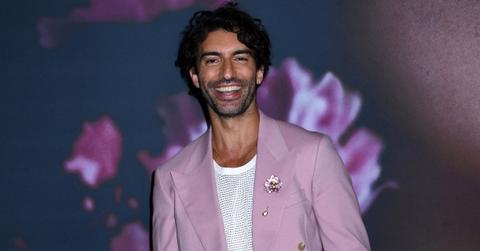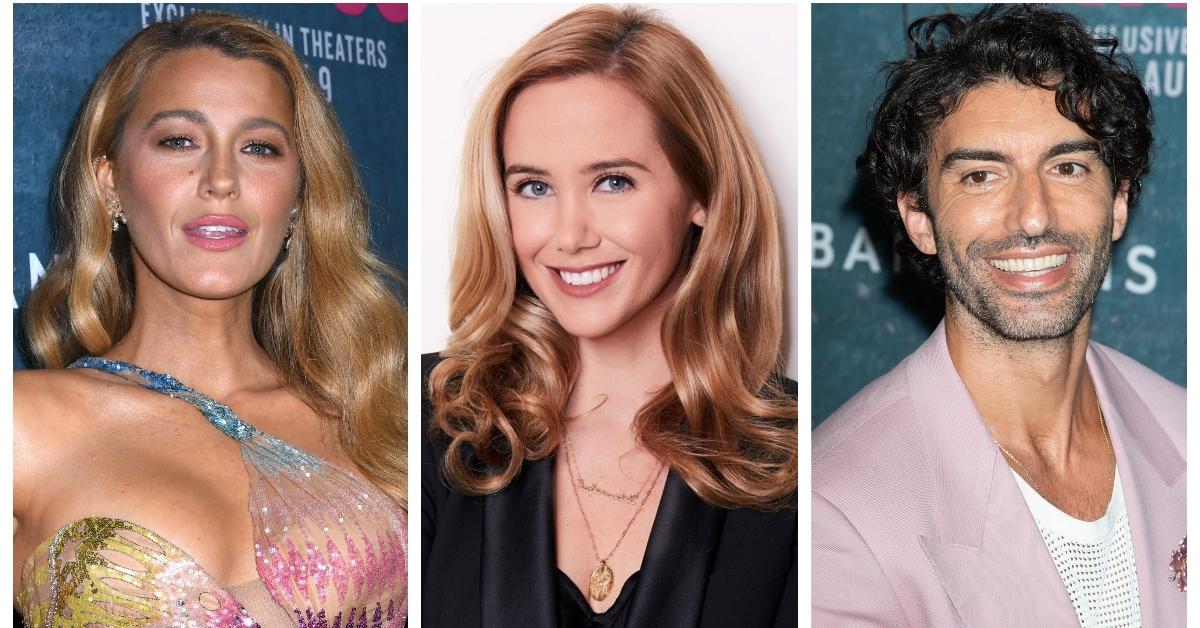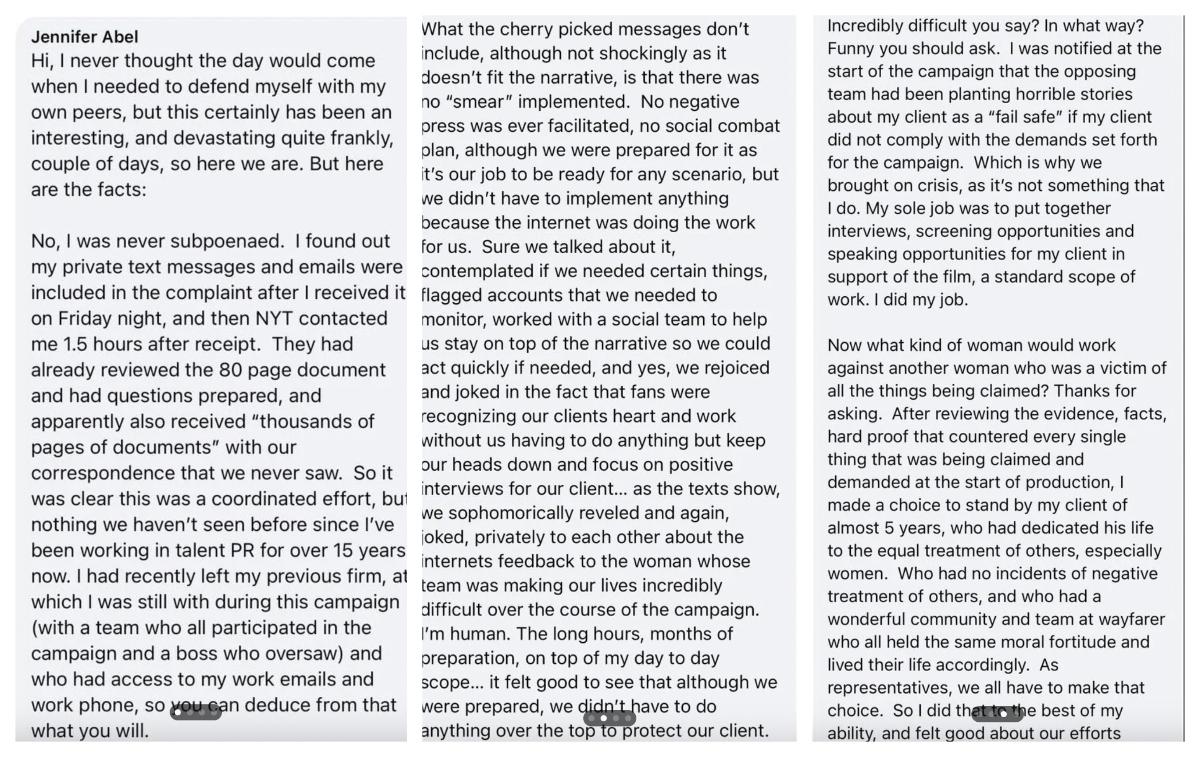Justin Baldoni's Publicist Said She Never Launched a Smear Campaign — Internet Did All the Work
"As the texts show, we sophomorically reveled and again ..."
Published Dec. 23 2024, 12:39 p.m. ET

The drama surrounding the film adaptation of It Ends With Us does not appear to be ending anytime soon. In December 2024, Blake Lively filed a lawsuit against her co-star and the movie's director, Justin Baldoni, as well as several others. In it, she alleged that Baldoni sexually harassed her, created a hostile work environment, and then campaigned to "destroy" her reputation.
Regarding this alleged smear campaign, the lawsuit included a public relations person who worked for Wayfarer Studios, the production company co-founded by Baldoni. Texts between Baldoni and Jennifer Abel were subsequently leaked to the public by way of a piece in The New York Times. Abel has since responded to these texts and the lawsuit in a private Facebook group. Her post made its way to social media. Here's what we know.

The response of Justin Baldoni's publicist, Jennifer Abel, seems a bit defensive.
Abel's response, which was posted to Reddit and shared by the Deux Moi Instagram account, comes across as more defensive than apologetic. She begins by saying that defending herself from her own peers is something she couldn't imagine ever needing to do, but "here we are." Regarding how The New York Times obtained the text messages, Abel says she suspects someone from her old company gave them to the outlet.
She was still with this firm while working on Baldoni's campaign and says she believes her previous company still had access to the messages between her and the It Ends With Us actor. Abel does not accuse this firm of any wrongdoing and is merely speculating as to how the Times got ahold of these messages.
Abel then says the alleged smear campaign never actually happened and blames the "cherry-picked" text messages for perpetuating a narrative. "No negative press was ever facilitated, no social combat plan, although we were prepared for it as it's our job to be ready for any scenario, but we didn't have to implement anything as the internet was doing the work for us." She then says they discussed such a campaign and flagged certain accounts should they need it, but never followed through.
What she does take responsibility for is the immature nature of the messages. "As the texts show, we sophomorically reveled and again, joked privately to each other about the internet's feedback to the woman whose team was making our lives incredibly difficult over the course of the campaign" she writes.
How was Blake Lively allegedly making Jennifer Abel and her team's lives more difficult?
Abel goes into detail about the ways in which she feels Lively was making the lives of the public relations team more difficult. "I was notified at the start of the campaign that the opposing team had been planting horrible stories about my client as a 'fail-safe' if my client did not comply with the demands set forth for the campaign," she writes. This is when they brought on a crisis management team. As Abel put it, her job is to "support the film," and she says that's what she did.
In an attempt to get ahead of some sort of women not supporting women accusation, Abel says she reviewed the "evidence, facts, and hard proof that countered every single thing that was being claimed and demanded at the start of production." As such, she chose to stand by her client, Baldoni, whom she describes as someone who has "dedicated his life to the equal treatment of others, especially women."
Abel ends the post by saying her client isn't perfect and says this so often that she tries to curtail his self-deprecating ways for fear that it could be "taken the wrong way." According to Abel, it's not her place to speak about what Lively was feeling in these moments. If what Lively claims isn't true, Abel felt she had to do what she felt was right.
